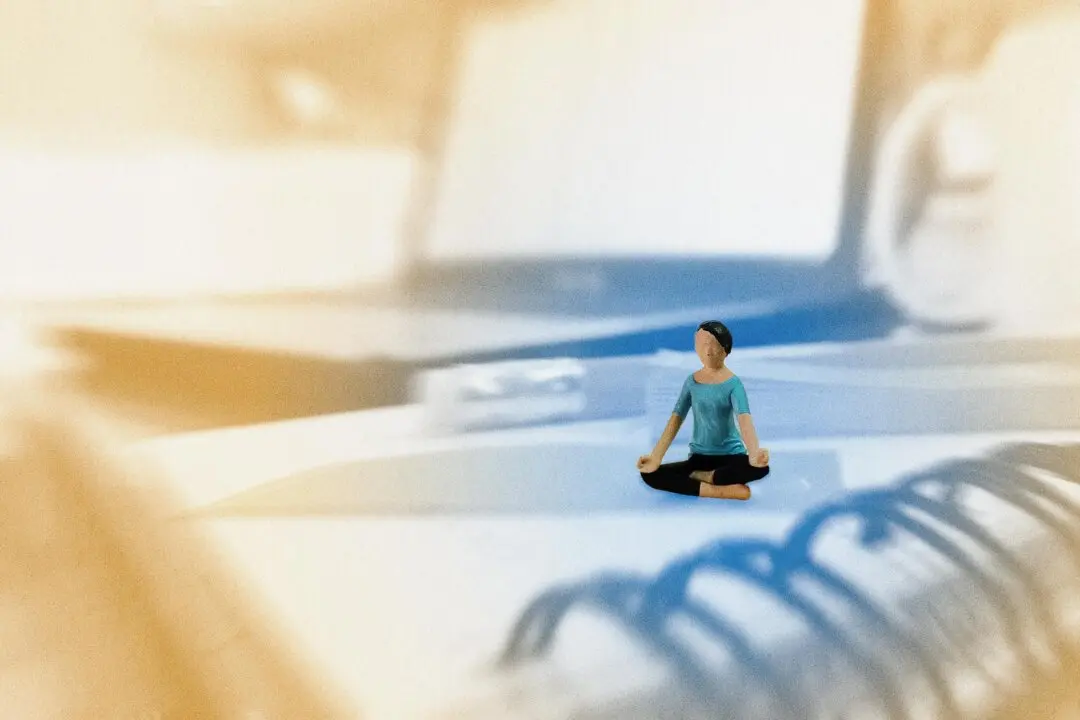It falls from the sky, flows all around us, and is essential to our existence. It purifies, cleanses, nourishes, and gives life.
Water. It doesn’t just surround us, it’s within us. In fact, scientists estimate that water comprises 65 percent to 75 percent of the adult human body, while for infants, it’s even higher at an estimated 85 percent. That’s pretty amazing, when you think about it.






